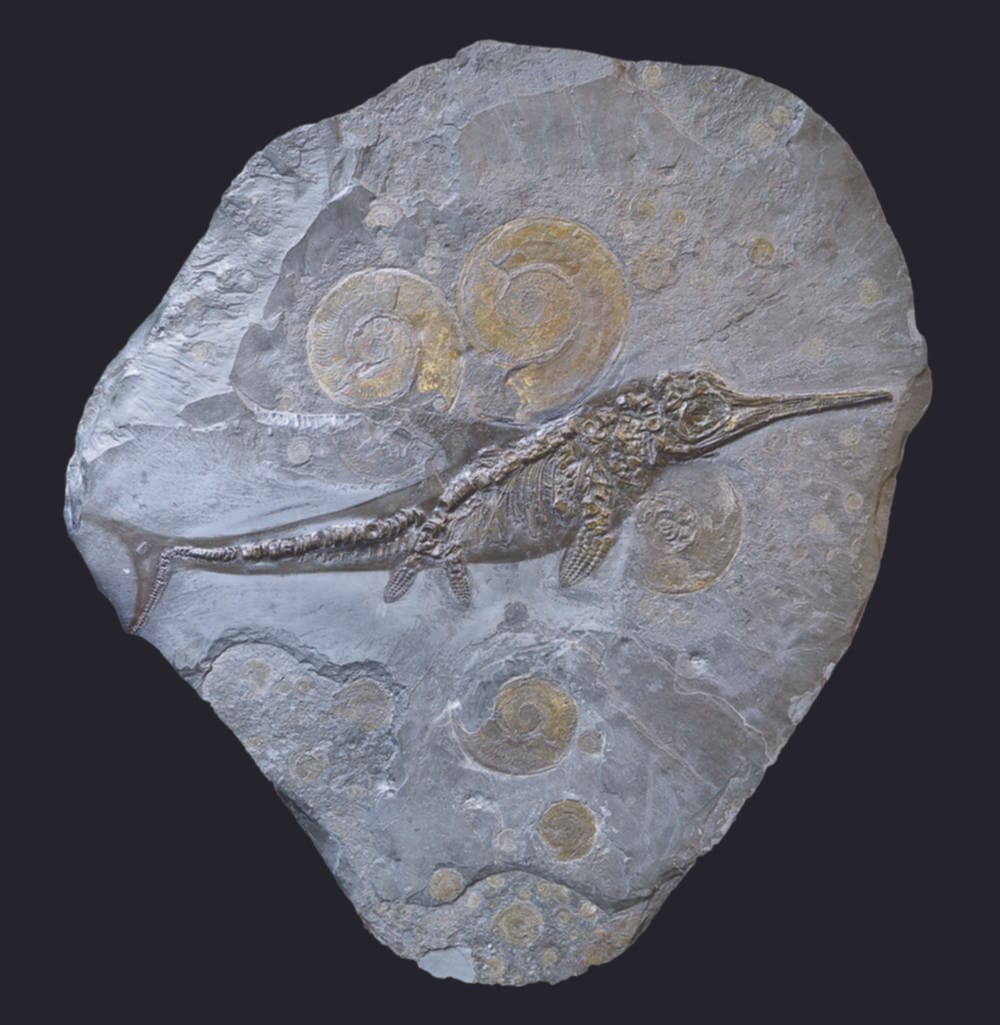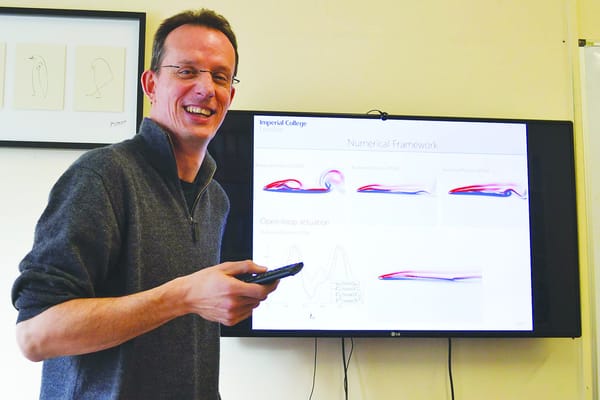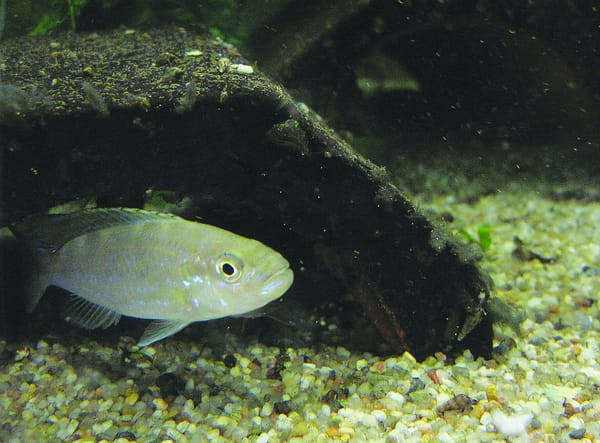Who really killed the Ichthyosaur?
Mary Anning discovered its fossilised remains in 1810

Meteorites and volcanic eruptions; large events as such are generally considered to have led to the dinosaurs’ demise. However, their legacy is not simple – they lived, big rock collides with the Earth, they died. The Ichthyosaur, otherwise known as the ‘fish lizard’, bewildered scientists with its sudden disappearance some 34-35 million years before the cretaceous-paleocene extinction event. Novel research has put some ease to scientists deliberations, finding that climate change could have been the guilty culprit to the Ichthyosaur’s extinction.
The famous fossil fanatic, Mary Anning, discovered Ichthyosaur fossilised remains in 1810, near Lyme Regis, Dorset. Since, scientists have strived to understand the Ichthyosaur species further, finding that it was a very diversified organism especially towards the end of its reign. Thus it is surprising to learn that it was in fact a very slow adapting species. When you couple slow adaptation with environmental volatility, extinction usually soon follows. Ichthyosaurs were exposed to rising sea levels and temperatures, which rapidly reorganised marine ecosystems some 100 million years ago. Lead researchers, Dr Valentine Fischer of the University of Liege and the University of Oxford, said that the fish’s ability to adapt was just “too slow”. Scientists can now ponder over this theory along with previously proposed alternatives; such as the rise of the bony fish, like sharks, and their competitive edge, chipping away at the Ichthyosaur’s food supply.
This proposed theory gives an essence to the past that breaths a sharp chilling thought towards the future of many of today’s species. Today’s warming oceans and melting ice caps evoke a feeling of of ‘deja-vu’ threatening those species, which like the Ichthyosaur, might not be able adapt fast enough.








